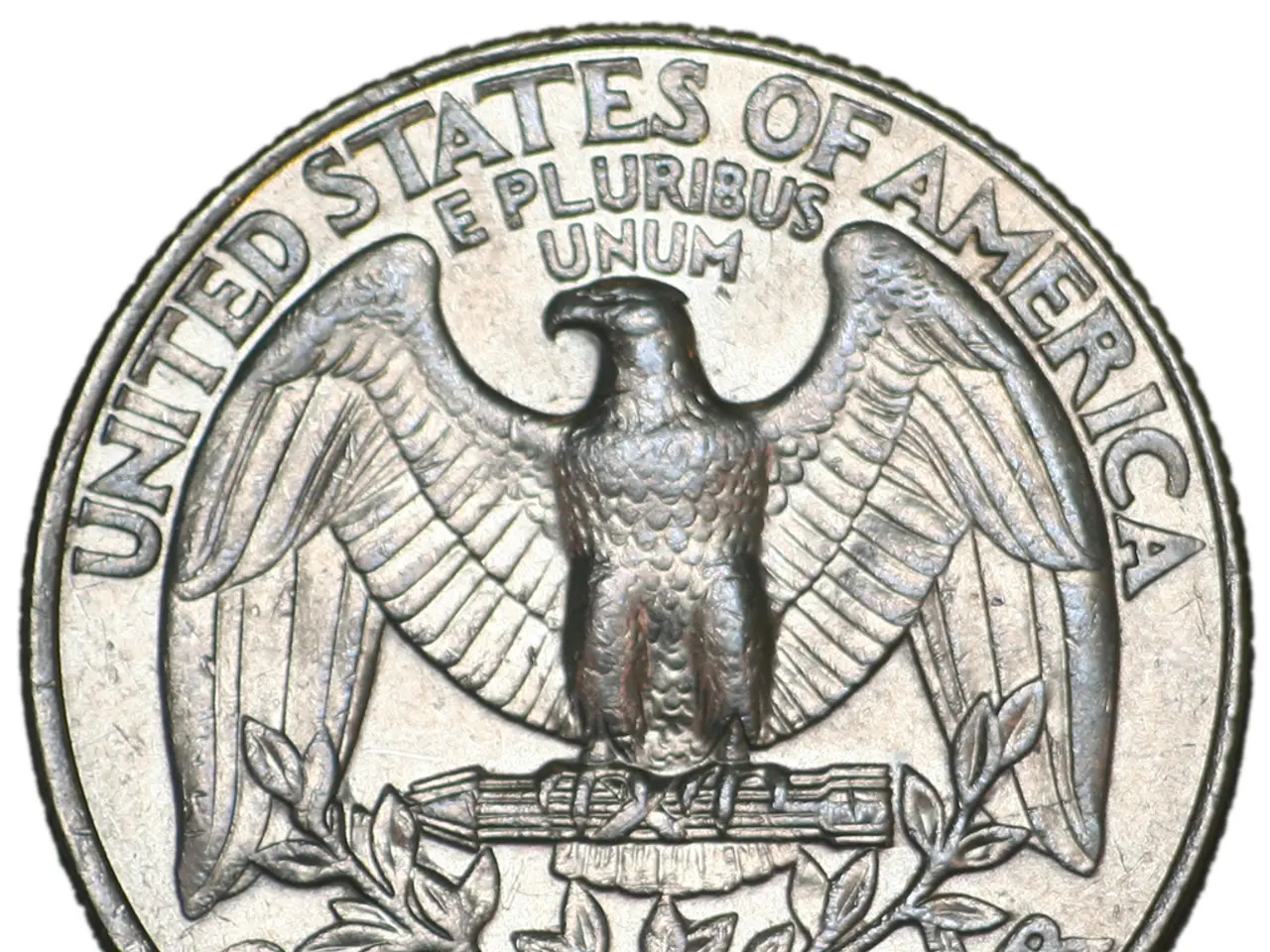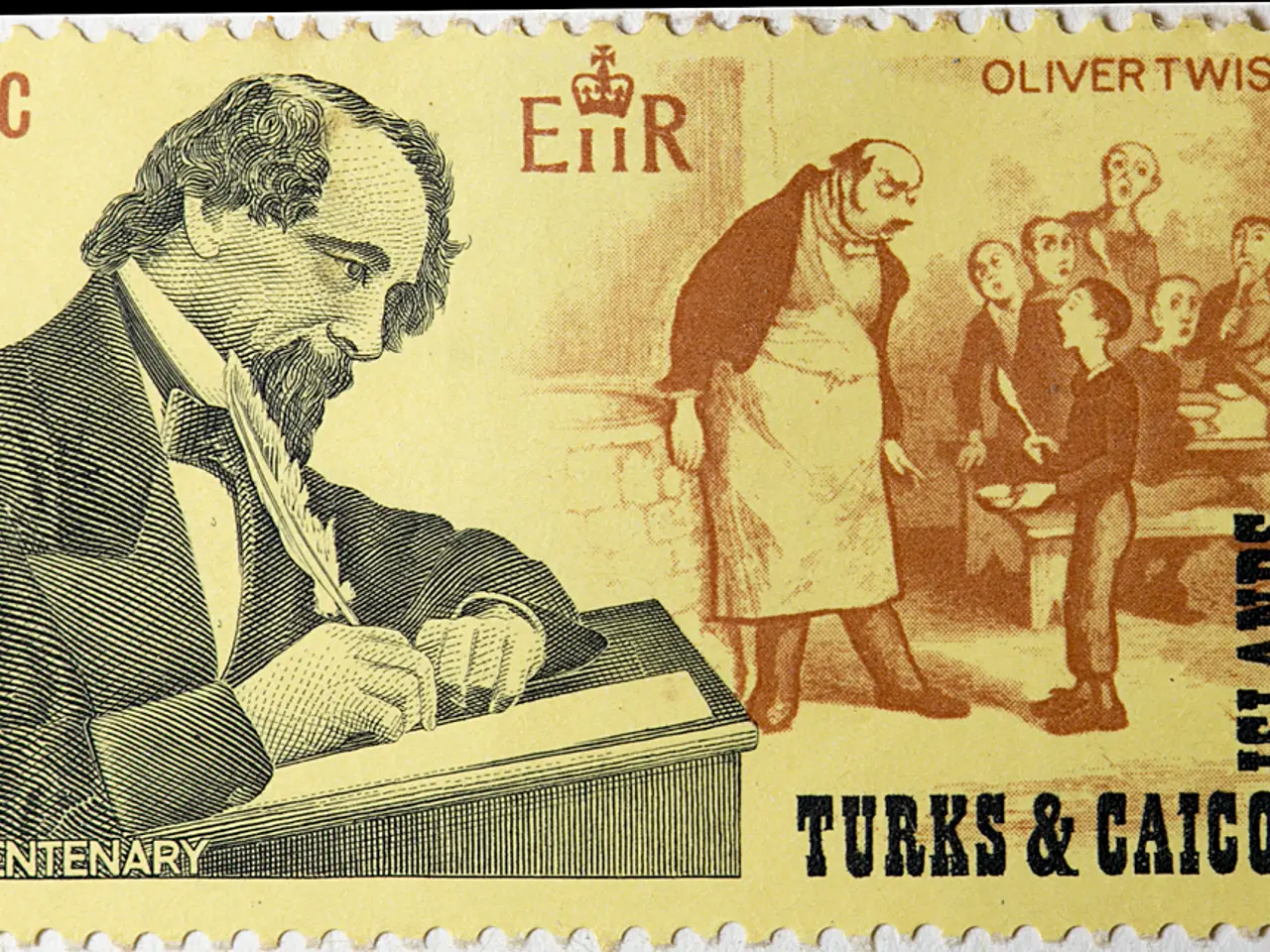Ex-FDIC administrator McKernan designated to head the Consumer Financial Protection Bureau
The Consumer Financial Protection Bureau (CFPB) and the Federal Deposit Insurance Corporation (FDIC) have been experiencing significant changes under the leadership of Acting Director Russell Vought and Acting Chair Travis Hill at the FDIC.
In a dramatic turn of events, Elizabeth Aniskevich, a senior litigation counsel in the CFPB's enforcement division, and Lorelei Salas, the CFPB's supervision chief, are among those who have resigned from their positions. Reports suggest that approximately 1,500 of the bureau’s 1,700 employees were either fired or removed, a move that has been the subject of lawsuits alleging illegal dismantling of the CFPB by the administration and OMB Director Vought for political reasons.
The CFPB, once a robust enforcer of consumer financial protections, is now largely inoperable under Vought's leadership. Staff members report demoralization and minimal work activity due to directives forbidding normal enforcement or regulatory tasks. The agency no longer pursues rulemaking or enforcement and essentially acts to undo prior regulatory work.
At the FDIC, Jonathan McKernan, who agreed with Democratic former CFPB director Rohit Chopra on an effort to persuade asset manager Vanguard to sign a stricter passivity agreement, has announced his departure. If confirmed, McKernan would return to the FDIC board in a secondary role. McKernan, along with Acting Chair Travis Hill, typically held a Republican party line at the FDIC.
In a bid to cut costs, the CFPB has canceled hundreds of contracts worth over $100 million. The National Treasury Employees Union has filed a lawsuit to block orders issued by Acting Director Vought, citing potential workforce purges at the CFPB.
There are proposals suggesting a reorganization of the FDIC, with a single person in charge of both the Office of the Comptroller of the Currency (OCC) and FDIC. In this scenario, the OCC would take on the FDIC's bank supervision work and potentially its role in resolving failed banks, while the FDIC would be left in charge of deposit insurance.
These changes at the CFPB and FDIC come amidst discussions by Trump advisers about the possibility of collapsing the FDIC into the Treasury Department or combining the FDIC's regulatory role with the Office of the Comptroller of the Currency under Treasury. The future of these agencies and their roles in consumer financial protection remains uncertain.
As of now, both the CFPB and FDIC are still led by Acting Directors Vought and Hill, respectively. The resignations and terminations appear to be part of an administration-led effort to dismantle the agencies' authority and operations, motivated by political goals to significantly reduce their roles in consumer financial protection.
[1] Source: New York Times [2] Source: Washington Post [3] Source: Bloomberg
- The recent resignations and terminations at the Consumer Financial Protection Bureau (CFPB) and the Federal Deposit Insurance Corporation (FDIC) have sparked concerns in the realm of finance, business, and politics, as changes in leadership seem to indicate a shift in their roles in consumer financial protection.
- The dramatic alterations under the leadership of Acting Director Vought at the CFPB and Acting Chair Hill at the FDIC are subjects of general-news coverage, with reports suggesting potential workforce purges, canceled contracts, and even discussions about the fusion of these agencies with other departments.




